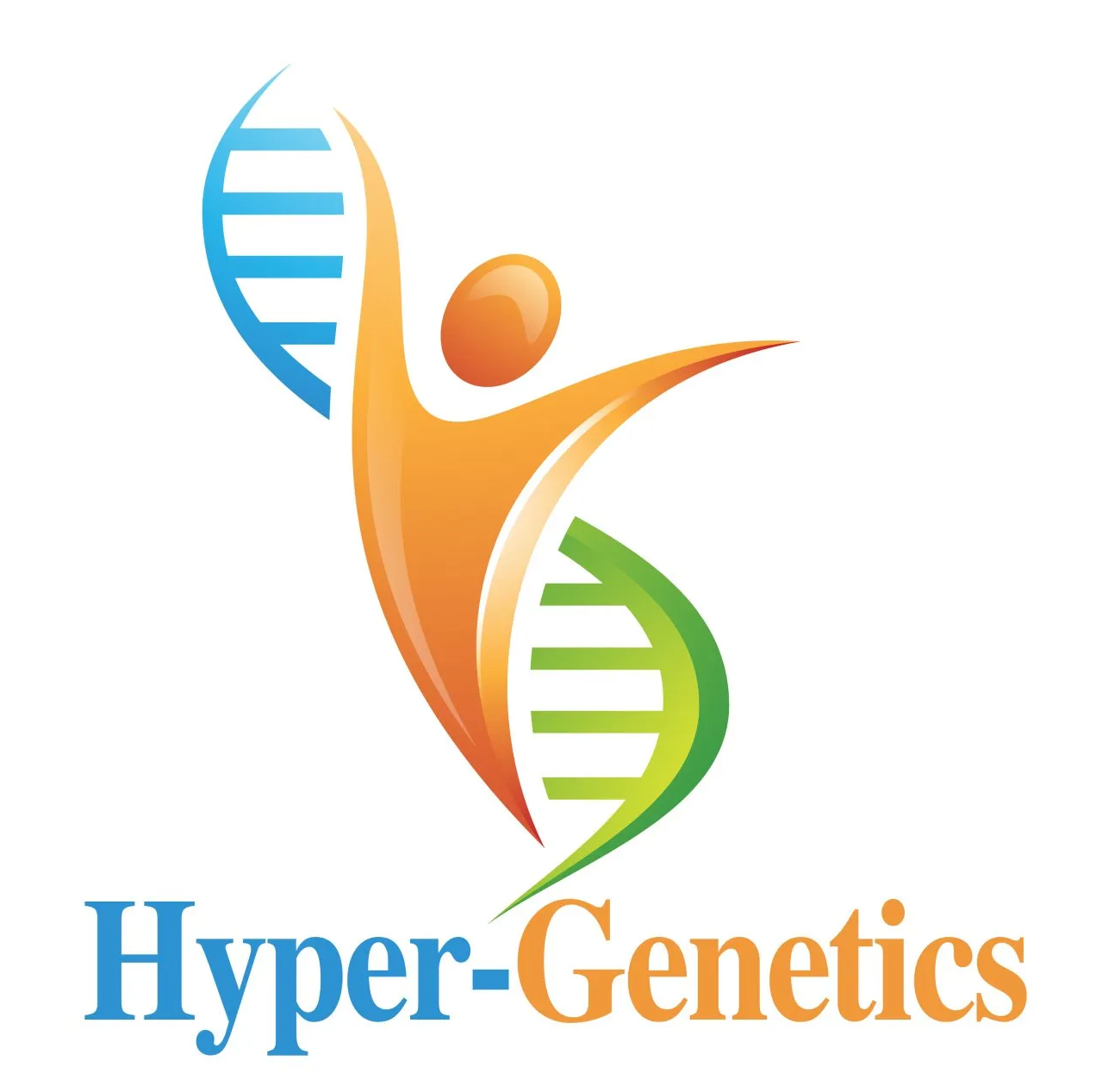We Answer Your Frequently Asked Questions (FAQs)
- What is Duchenne muscular dystrophy (DMD)?
Duchenne muscular dystrophy (DMD) is a rare genetic disease. It primarily affects males, but, in rare cases, can also affect females. Duchenne causes the muscles in the body to become weak and damaged over time and is eventually fatal. The genetic change that causes Duchenne — a mutation in the DMD gene — happens before birth and can be inherited, or new mutations in the gene can occur spontaneously.
- What Causes DMD?
Duchenne is caused by a genetic mutation that prevents the body from producing dystrophin, a protein that muscles need to work properly. Without dystrophin, muscle cells become damaged and weaken. Over time, children with Duchenne will develop problems walking and breathing, and eventually the muscles that help them breathe and the heart will stop working. Duchenne is an irreversible, progressive disease. There is currently no cure for Duchenne.
- What Are Some of the First Signs of DMD?
The first signs and symptoms of Duchenne are often noticed around the age of 2 or 3. Children with Duchenne may be slower to sit, stand or walk. Most are unable to run and jump properly due to weakness in the core muscles of the body. Common signs and symptoms of Duchenne you may notice include:
- Not walking until approximately 18 months of age
- Walking on toes with legs apart, walking with the belly pointed out, or both
- Falling down often
- Needing help getting up from the floor or using arms to “walk” the body to a standing position (Gower’s maneuver)
- Larger calves than other children of the same age or size
- Fatigue
- Behavior and learning problems
- Delayed speech
- What is the Difference Between Duchenne muscular dystrophy and Becker muscular dystrophy?
You'll often hear Duchenne muscular dystrophy (DMD) and Becker muscular dystrophy (BMD) spoken about together. BMD is another type of muscular dystrophy with symptoms like Duchenne, but it is a milder form. BMD is also caused by a change to the gene for dystrophin, but people with BMD make an abnormal but working version of dystrophin. This still results in muscle weakness and damage, but it is less severe and worsens more slowly than in Duchenne.
- My child was just diagnosed with Duchenne. What do I do now?
A Duchenne muscular dystrophy diagnosis is a lot to absorb and can be emotionally overwhelming. There are a variety of resources to help. In addition to speaking with your child's doctor about next steps, there are national and local advocacy and parent organizations with a wealth of information.
- How do I find a good doctor?
Finding the right doctor for your needs is critical, and only you can decide who is the right fit for your family. Some places to start include:
- Referrals: Look to others who have experienced what you're going through for recommendations, as they may have suggestions for good resources
- Ask your pediatrician: Most pediatricians will happily refer you to specialists as needed
Contact JAR of Hope. James@jarofhope.org
- Are there clinics that specialize in treating Duchenne muscular dystrophy?
Yes. The University of Massachusetts has a Duchenne clinic. Children’s Hospital of Cincinnati. Nationwide Children’s Hospital are just a few, to find one in your area please reach out to james@jarofhope.org
- How often do I need to visit the doctor?
How often your child visits the doctor depends on his individual needs and stage of disease. Your child's doctor will be able to help you create a care plan, and better understand the overall time commitments.
- What is a care plan and how do I create one?
A care plan is an agreement between you and your child's doctor to help manage the disease on a day-to-day basis. This document walks you through the different stages of Duchenne, and things you should consider in terms of care for your child during each stage.
For more information, or to find out what Hyper-Genetics can do for you, call us at 732-414-6670.
Hyper Genetics is a PROUD Sponsor of JAR of Hope!
Click Here
for More Information!
For more information, or to find out what Hyper-Genetics can do for you, call us at 732-414-6670.
Contact Information
Business Hours:
- Mon - Fri
- -
- Sat - Sun
- Closed
We Accept:






Bitcoin
